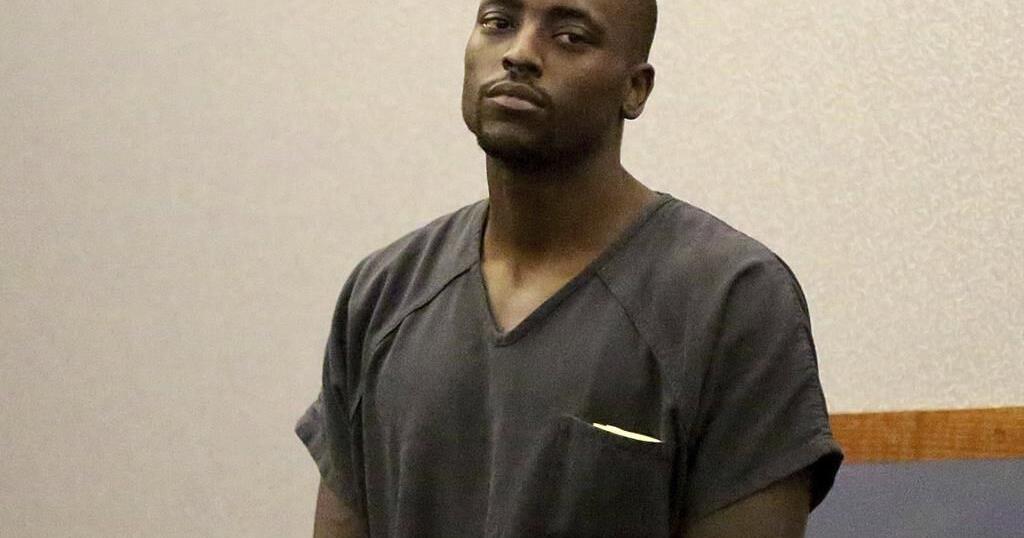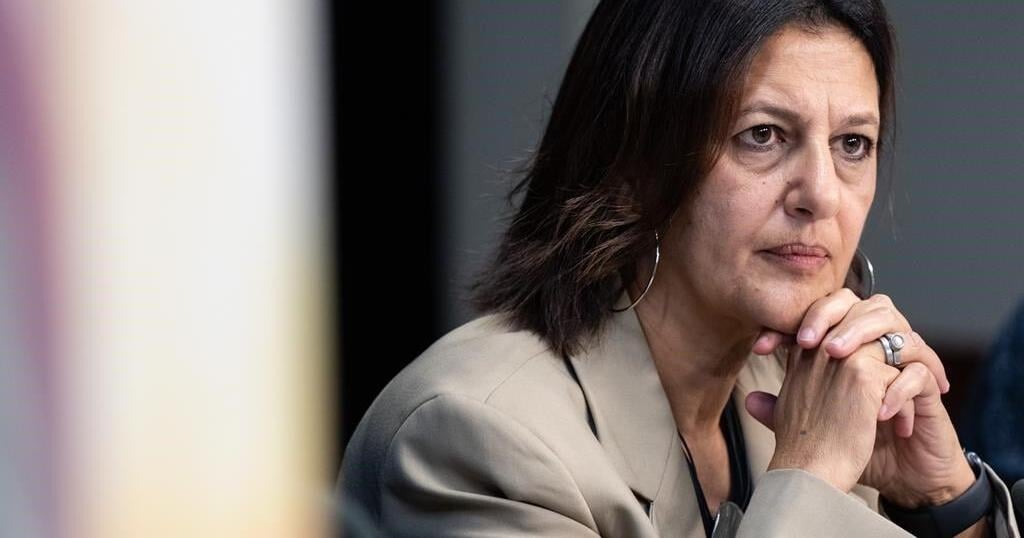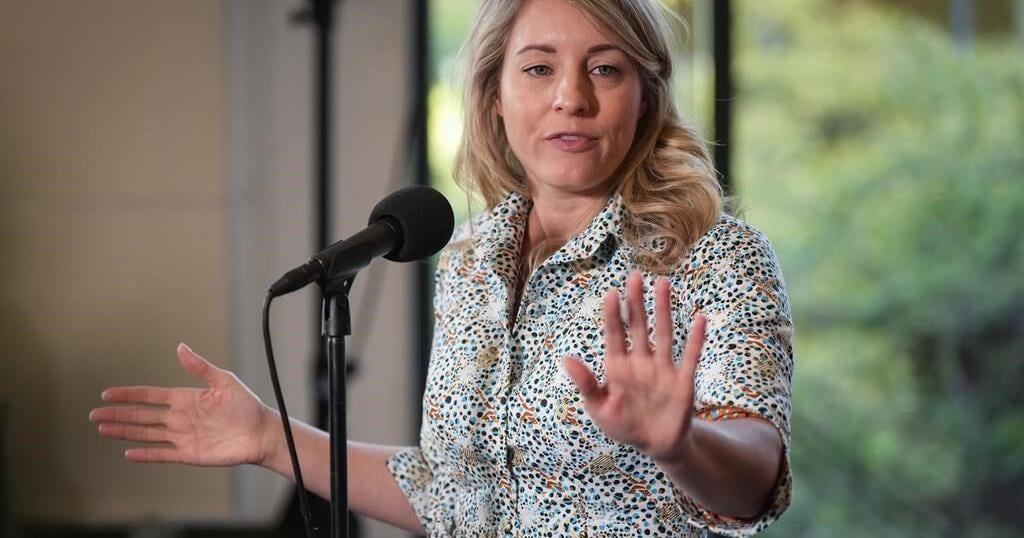OTTAWA – Canadian-made weapons will be prohibited from reaching the Gaza Strip, Foreign Affairs Minister Mélanie Joly said Tuesday.
Her comments come weeks after the U.S. announced plans to send Quebec-made ammunition to Israel. Shortly after that announcement, Global Affairs Canada told The Canadian Press that it would “not speculate on a possible foreign military sale.”
However Tuesday at the Liberal caucus retreat in Nanaimo, B.C., Joly told reporters Canadian-made weapons will not be sent to Gaza.
“We will not have any form of arms or parts of arms be sent to Gaza, period,” Joly said.
“How they’re being sent and where they’re being sent is irrelevant.”
As part of a recent proposed arms sale to Israel, the U.S. State Department has approved the purchase of 50,000 high-explosive mortar cartridges with fuses made in Quebec. It pegs the sale at a maximum cost of US$61.1 million, roughly C$83 million, with deliveries estimated to begin in 2026.
A notice posted by the U.S. on Aug. 13 lists the “principal contractor” as General Dynamics Ordnance and Tactical Systems Inc., based in the town of Repentigny, east of Montreal.
The company would not specify what role it has in the sale, nor respond to criticism that this goes against the government’s aim to restrict new arms sales to Israel. The firm has instead referred questions to the U.S. military, which acknowledged a request but did not respond by deadline.”
In March, the Liberals joined the NDP to pass a motion to stop authorizing arms exports to Israel, though permits approved in the prior months are still active.
But Joly said Tuesday that Ottawa’s policy is that Canadian-made arms and components cannot be used in the Gaza Strip, regardless of how they are sent to Israel.
Ottawa stopped approving new arms permits for Israel in January, while allowing approved permits to stay in place.
“Following that, I suspended this summer around 30 existing permits of Canadian companies, and we’re asking questions to these companies,” Joly said.
Ottawa had an estimated maximum of $136 million in approved military exports to Israel, according to a document Global Affairs Canada submitted to the foreign affairs committee, current as of July 3.
The document lists all 210 permits that were valid at that point, amounting a maximum of $154.8 million, of which $18 million worth had already been sent to various public and private clients in Israel.
The permits date back to December 2020 and $24 million of the total authorized value stems from permits approved after the Oct. 7, 2023, attack by Hamas, which led to Israel’s bombardment of Gaza.
The National Council of Canadian Muslims has urged Ottawa to block the proposed U.S. sale. Major civil-society groups have called on Ottawa to expand restrictions on military exports to Israel to a total ban.
The request cited possible violations of international humanitarian law in the Gaza Strip.
“Over the last few weeks only, Israel attacked at least seven schools. They add to the long list of schools, hospitals, refugee camps and places of worship hit since October — many of these crowded with displaced civilians sheltering from the violence,” reads the Sept. 3 joint letter, signed by 20 organizations, including Save the Children and the Mennonite Central Committee.
“Canada is prohibited from exporting arms if those transfers would be used to commit serious crimes under international law, including disproportionate and indiscriminate attacks.”
Israel insists it is trying to rout Hamas and only targets civilian infrastructure that harbours members of the group, though the letter argues the United Nations has found a “well-documented pattern of (international humanitarian law) and human-rights violations by Israel in Gaza and the West Bank.”
The Palestinian ambassador to Canada, Mona Abuamara, said she’s asked Global Affairs Canada how many military exports are reaching Israel, but hasn’t received clear answers on what is being exported under months-old permits or through other countries.
“These things are not as clear as they should be, because they happen secretively,” she said in a recent interview.
“I take what the Canadian government tells me; I wait for these reports to be confirmed — and I hope they are not confirmed,” she said of the proposed U.S. sale of Quebec ammunition.
Global Affairs Canada did not answer when asked whether Abuamara has accurately conveyed her discussions with the department.
Liberal MP Salma Zahid wrote on social media that her own party “must block this transparent attempt to circumvent the arms embargo our government committed to” and have “a real arms embargo” against Israel.
This report by The Canadian Press was first published Sept. 10, 2024.

















